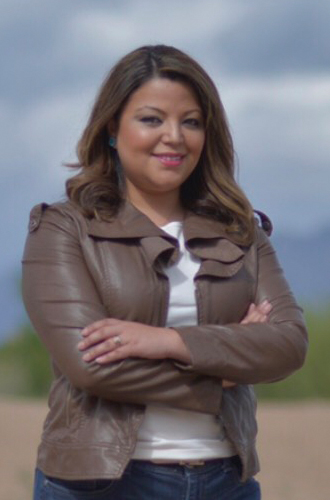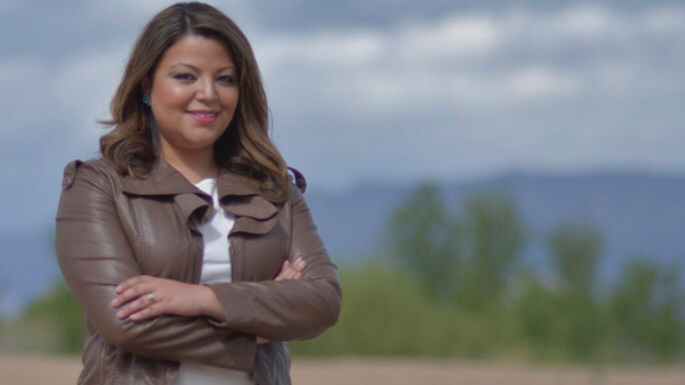News Interview: Ane Romero
Ane Romero Can Flip District 4


courtesy of the candidate
Latest Article|September 3, 2020|Free
::Making Grown Men Cry Since 1992


courtesy of the candidate

